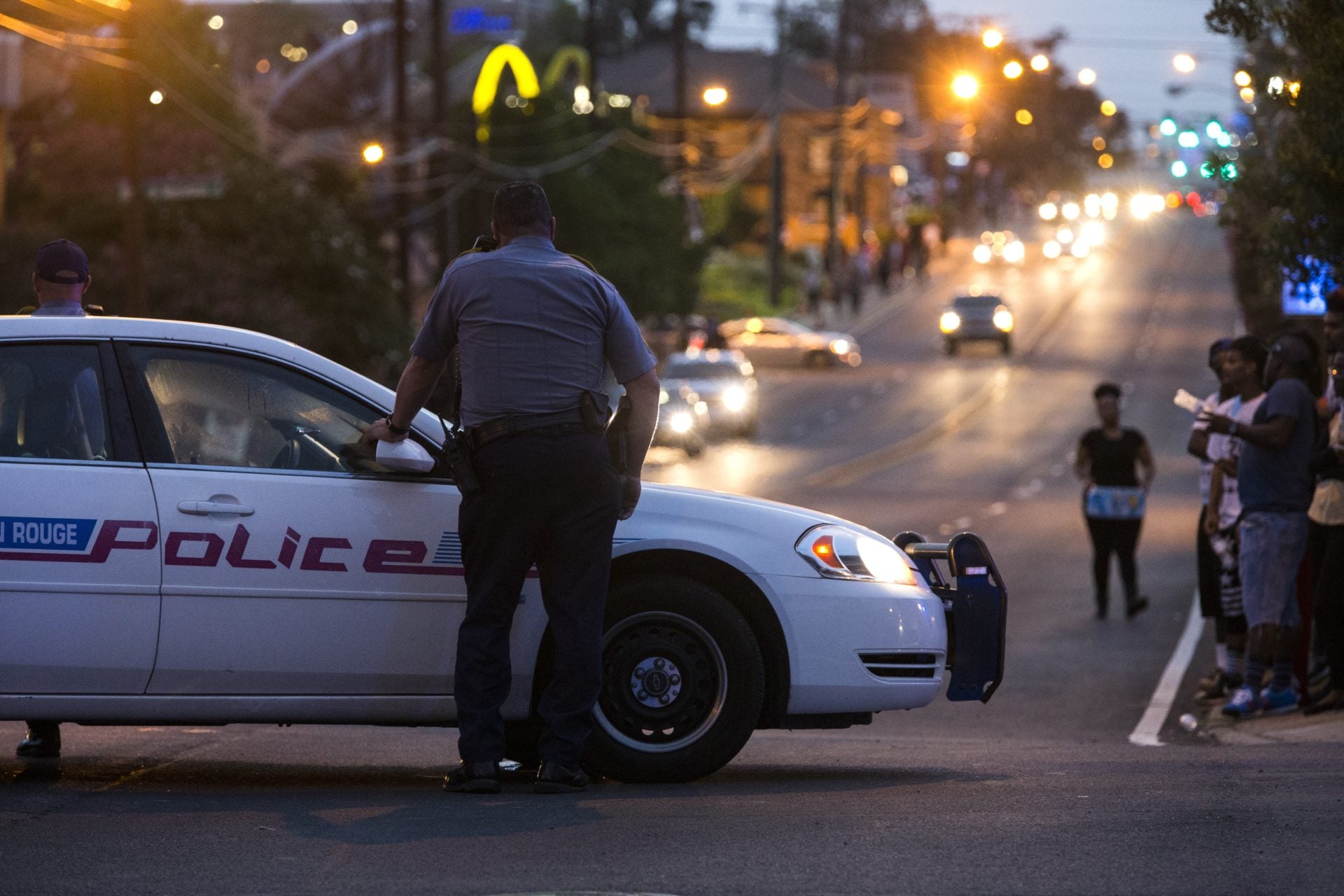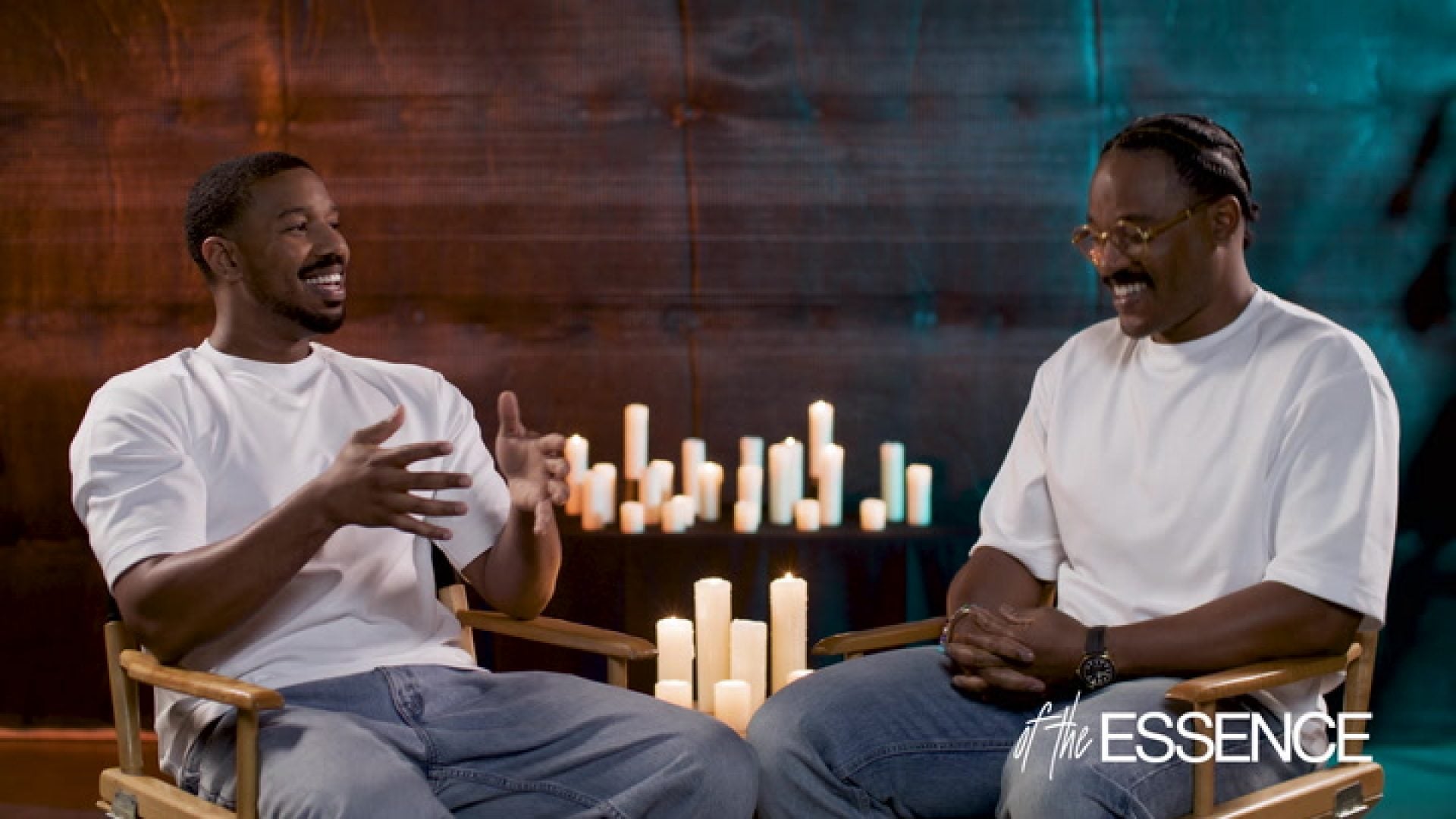
“Not only do they not know we’re cops — they don’t even know we’re white!” then-Detective Frankie Caruso told the Advocate newspaper at the time, the Post notes.
BATON ROUGE – In a rare attempt to confront potential controversy head-on, the Baton Rouge Police Department clarified a social media post that circulated over the weekend showing officers dressed in plain clothes and wearing dark face paint 26 years ago. BLACK FACE pic.twitter.com/2T1bX4JvYB
— ArmyVet (@nineapart) February 12, 2019
The scandal, like many others, surfaced after a police yearbook with the photo of the two cops made its way online. The caption of the photo called the cops “soul brothers.” One disguised officer was seen throwing up apparent gang signs with his hands.
On Monday, Baton Rouge Police Chief Murphy Paul, who is Black, confirmed the circumstances behind the photo.
“Blackface photographs are inappropriate and offensive. They were inappropriate then and are inappropriate today,” he said. “The Baton Rouge Police Department would like to apologize to our citizens and to anyone who may have been offended by the photographs.”
Apparently, the lack of diversity in the police force was one of the reasons behind the disguises. The department’s two Black narcotics officers were too “well known” in the community. The natural next course of action, then, was apparently for Caruso and his partner, identified as Lt. Don Stone, to make their skin look black….instead of, you know, hiring and promoting more officers of color.
Their mission was apparently successful, with the officers reportedly getting 10 buyers in less than an hour, and issuing them court summons (because, you know, the local jail was crowded due to increased incarceration at this time at the height of the war on drugs.)
“While this may have been department-approved 25 years ago, that does not make it right,” East Baton Rouge Mayor-President Sharon Weston Broome said in a statement Monday, according to the Advocate. “Blackface is more than just a costume. It invokes a painful history in this country and it is not appropriate in any situation.”
Caruso, for his part, said the disguise was just like any other undercover work he did throughout his career, including posing as a gay man, a biker and a prostitute.
“You got to dress the part,” Caruso told the Advocate. “It wasn’t done offensively.” Greg Phares, the police chief back when the operation took place, echoed his sentiments. “I have no problem whatsoever with that these officers did,” Phares, who is now the chief deputy at the East Feliciana Sheriff’s Office told the news site. “For anyone to try to make this some sort of racial issue two decades or more later is just beyond ridiculous.” This is not the first time officers have used Blackface as a means to investigate. The Post notes that back in 1990, a similar incident sparked outrage in Naples, Fla. after officers there similarly wore Blackface in order to sell crack cocaine in a predominantly black neighborhood. Back then, community activist Fran Haugabrook explained succinctly to the St. Petersburg Times why such actions were harmful and offensive, the Post reports.“The police seemed to be saying, ‘This is what a drug pusher would look like,’” he said. “In other words, ‘A drug pusher is Black.’ It is offensive.”





